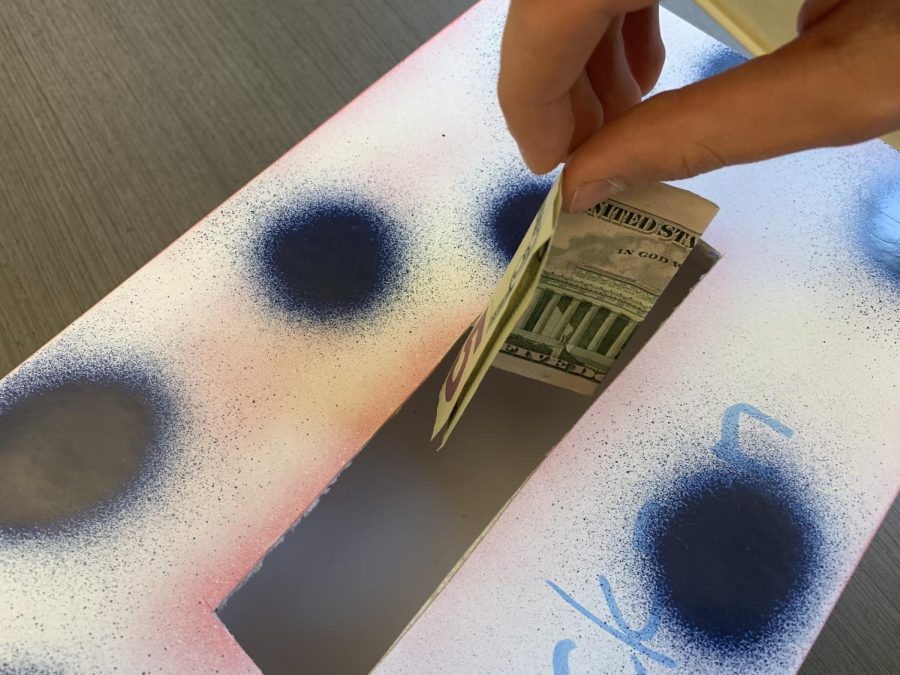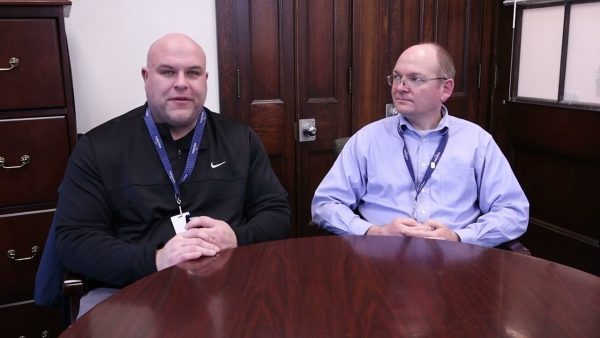Donate Change for Change
US International raises money for wells in Africa
As of Nov. 21, 319 million people in Sub-Saharan Africa don’t have access to clean water according to The Water Project’s facts and statistics page. According to World Vision’s website, the average distance women have to travel for clean water is 3.7 miles, carrying 44 pounds on their head for half the distance.
In its seventh year, the club US International raises funds to provide wells that supply clean water to Africa through its fundraiser, Change for Water.
Change for Water is a way for students to donate and help provide clean water to people in Africa without going to the parent organization Drop in a Bucket. Money can be donated in students’ third period class with the competition ending on Nov. 25.
Many other organizations help support the need for clean water in Africa. Water Wells for Africa, Charity: Water, UNICEF, and many more groups support building wells in Africa.
Building a well is very expensive, with each well costing on average $5,000 according to Principal Dr. Paul Waller. According to The Water Project’s website, this is primarily due to the average well being 150-200 feet deep.
The majority of the countries in Africa are poverty-ridden and need to seek outside help for clean water and foreign aid the unstable government can’t provide.
“Possessing an estimated 52 percent of Africa’s surface water reserves (rivers, lakes and wetlands), the DRC is the most water-rich country in Africa,” according to UNEP’s report regarding water poverty in the Democratic Republic of Congo. “The DRC lacks a clear water policy, a framework water law and a dedicated water ministry to guide and lead sustainable development of the sector. While legal and institutional inadequacies have long been recognized since at least the 1980s, political turmoil and conflict have precluded these deficiencies from being effectively addressed.”
Change for Water is a good opportunity for students to help the less fortunate.
Waller said, “They’re good for our kids, they help all of our students realize that there is something more important than themselves, something bigger.”







